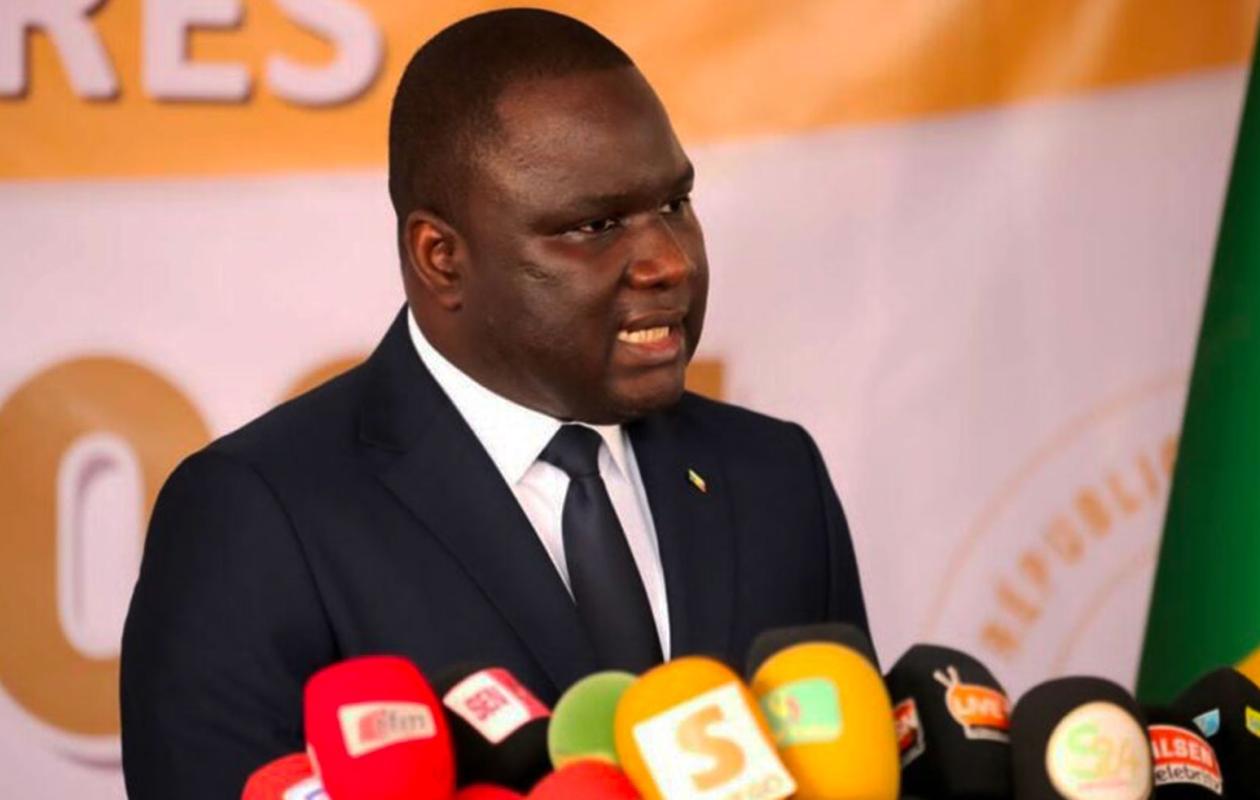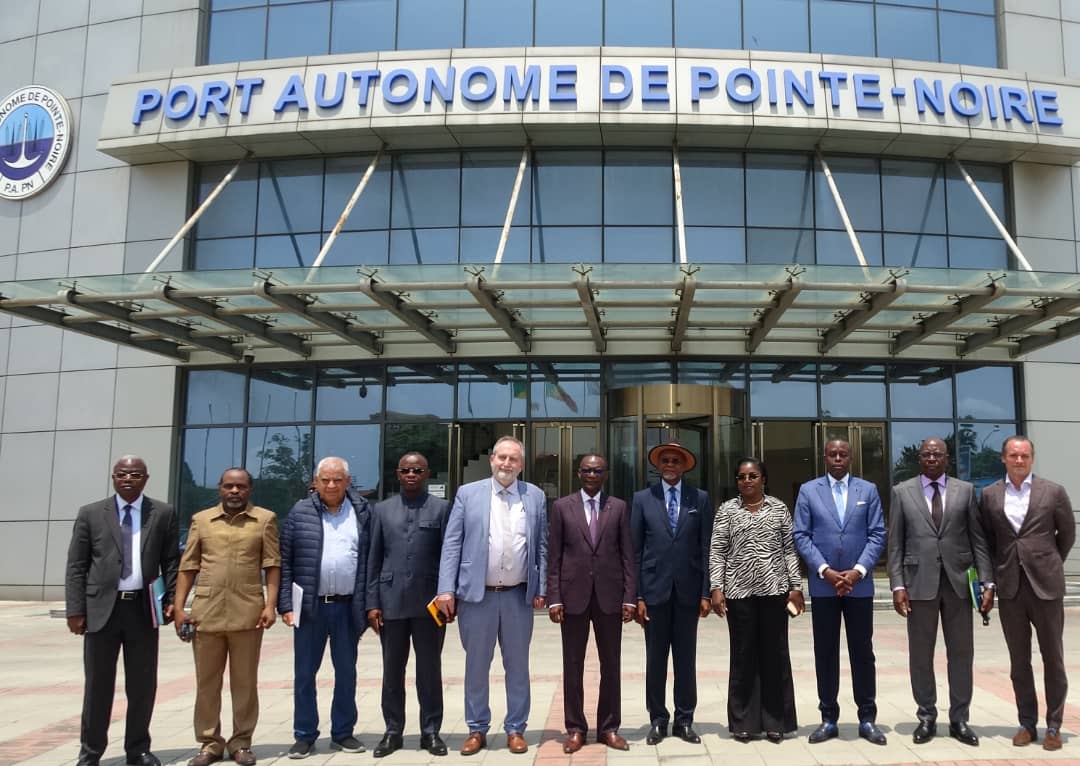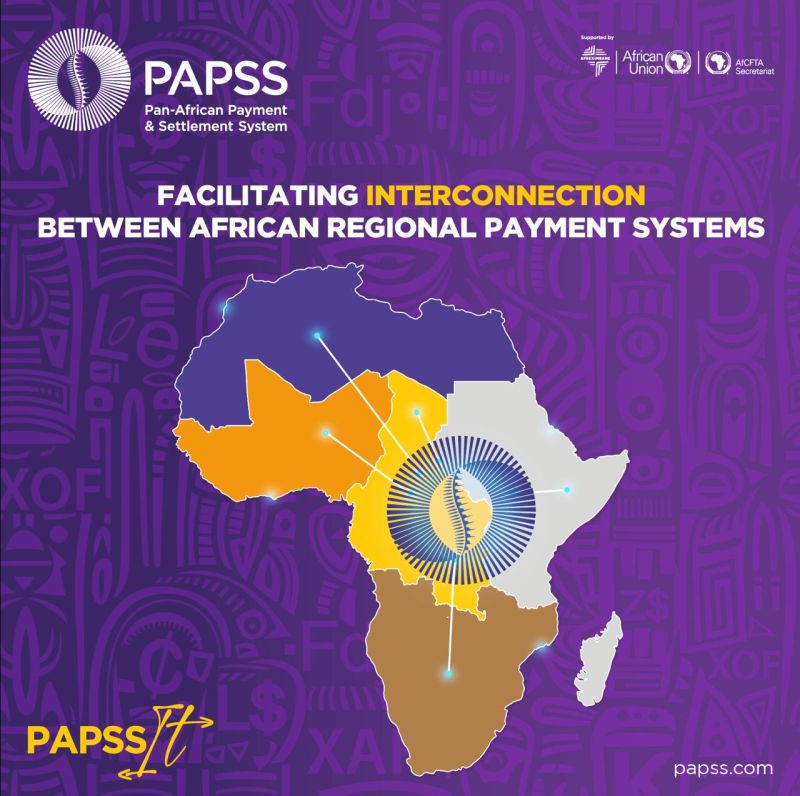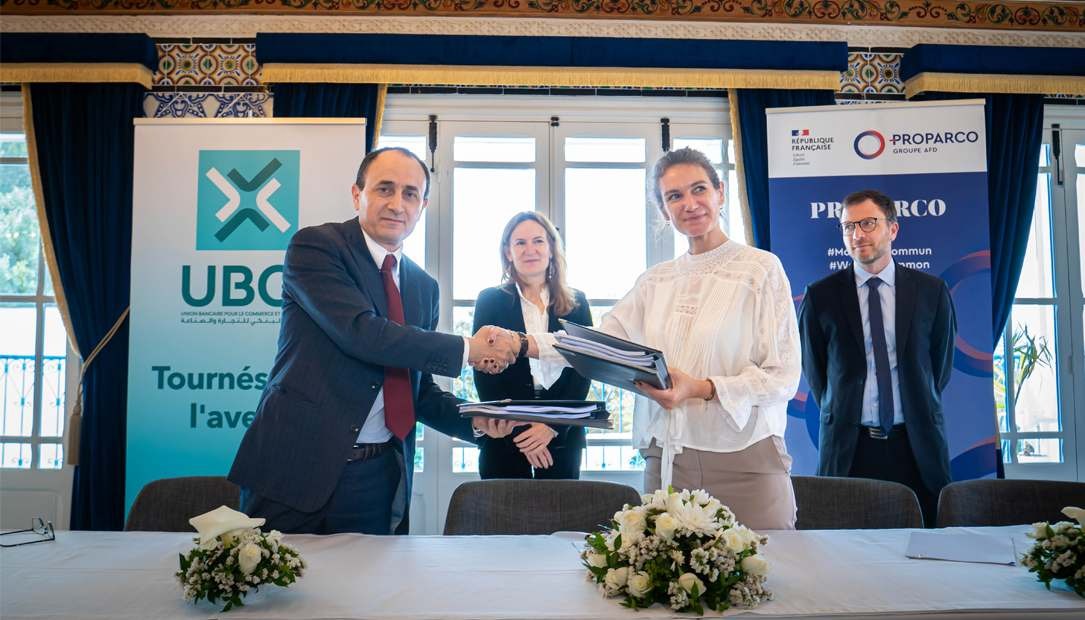The Minister of Infrastructure, Déthié Fall, has issued a strong call to the Senegalese private sector to take a more active role in the implementation of the country’s major infrastructure projects. The goal, he said, is to accelerate the construction of key road, rail, port, and airport facilities deemed essential to improving Senegal’s logistics competitiveness.
Speaking in Dakar during the Assises de l’Entreprise organized by the National Employers’ Council (CNP), the minister directly addressed business leaders, stressing that the success of flagship initiatives driven by the Presidency and the government largely depends on the mobilization of economic operators.
“The Ministry of Infrastructure is counting heavily on you to ensure that all construction projects break ground and that those already underway are completed as quickly as possible,” Déthié Fall told representatives of the private sector.
Key Projects and Their Logistical Significance
The minister highlighted several priority projects with a strong impact on the national logistics chain:
- Railway: The Dakar–Tambacounda line has been designated a “presidential emergency.”
- Airport: Blaise Diagne International Airport (AIBD) is set to expand its capacity from 3 million to 10 million passengers.
- Roads: A significant expansion of the network is planned, with 2,400 kilometers of new roads. This will be complemented by the Special Opening-Up Program (PSD), covering 2,000 kilometers of roads and 350 kilometers of rural tracks. The program is expected to engage 60 local companies and create 50,000 jobs.
- Ports: The government’s ambitions include the revival of Elinkine Port (Ziguinchor) and the modernization of Kaolack Port. Completing the ports of Ndayane and Sendou, near Mbour, also remains a top priority, aimed at strengthening the country’s maritime capacity and improving regional trade flows.
Among the key engineering works, the construction of the Ziguinchor Bridge — spanning 1,280 meters — was cited as a strategic project to enhance connectivity and reduce transport costs.
Requirements for Sustainable Development
Beyond infrastructure, Déthié Fall also mentioned the upcoming completion of the universities of Fatick and Kaffrine, scheduled for December 27, 2025, reaffirming the government’s commitment to inclusive and sustainable national development.
To ensure proper execution of these public works, the minister strongly emphasized adherence to the “cost–time–quality” principle, underscoring the importance of rigorous project management and accountability.






